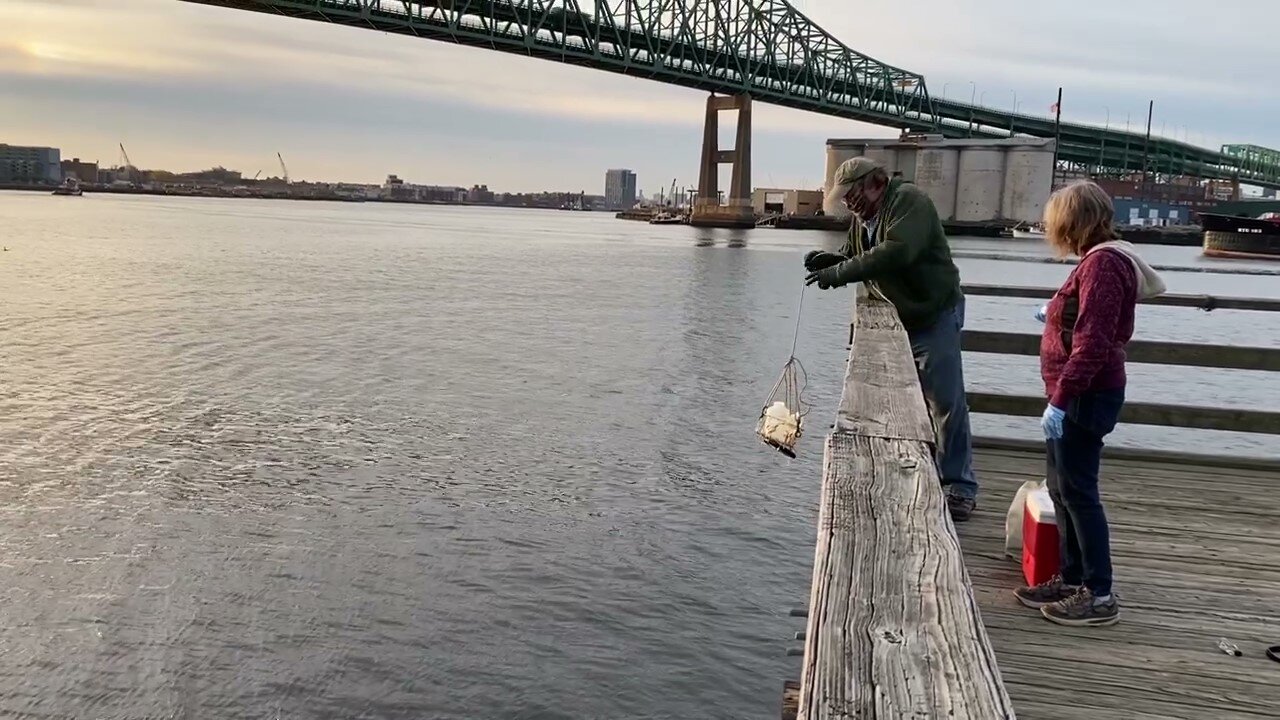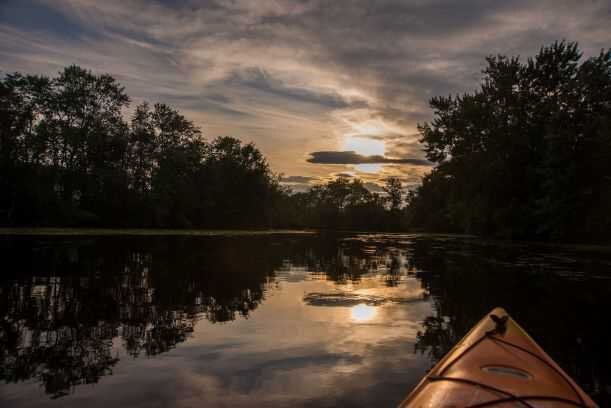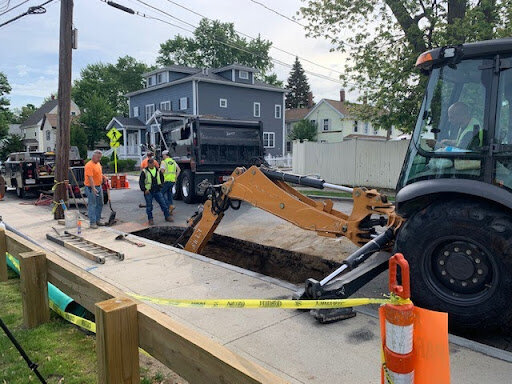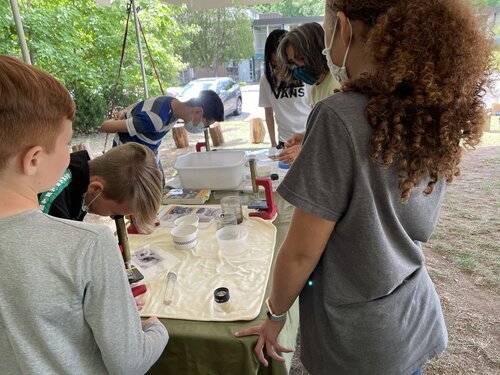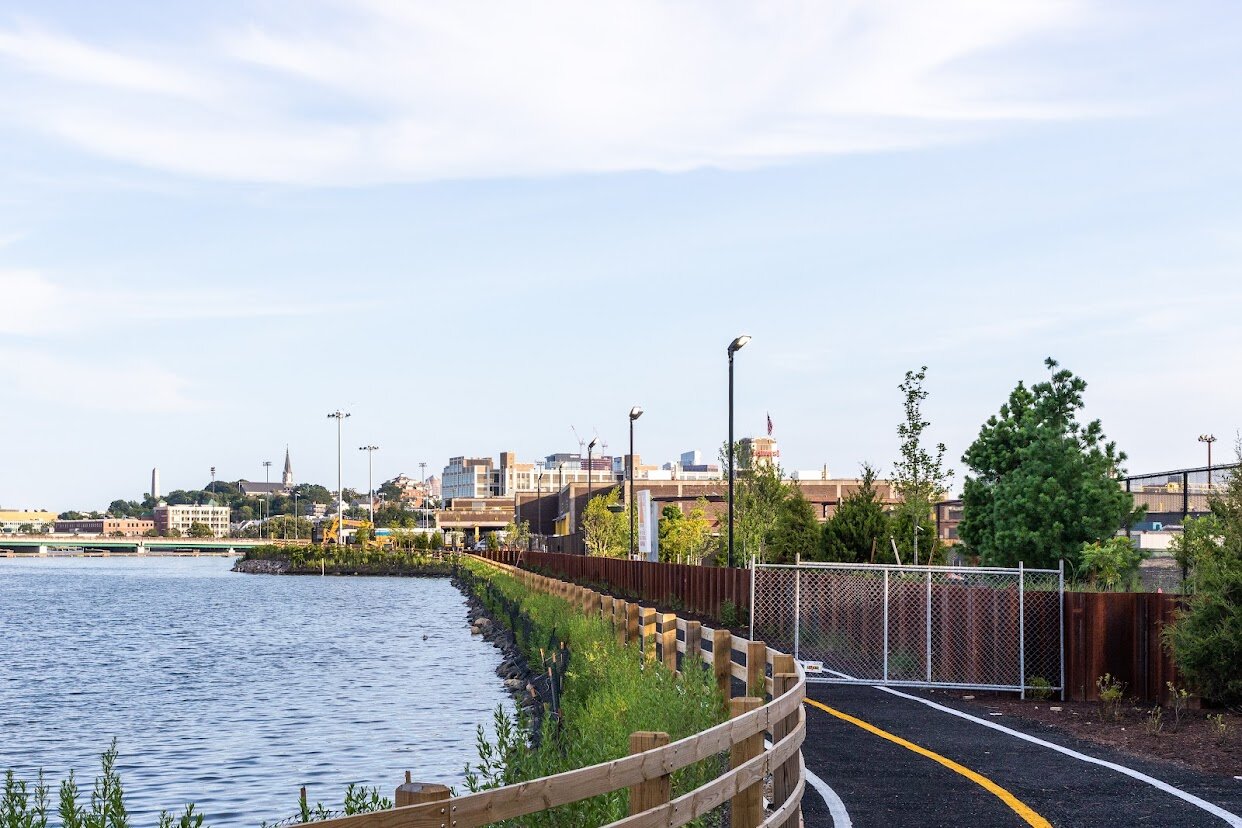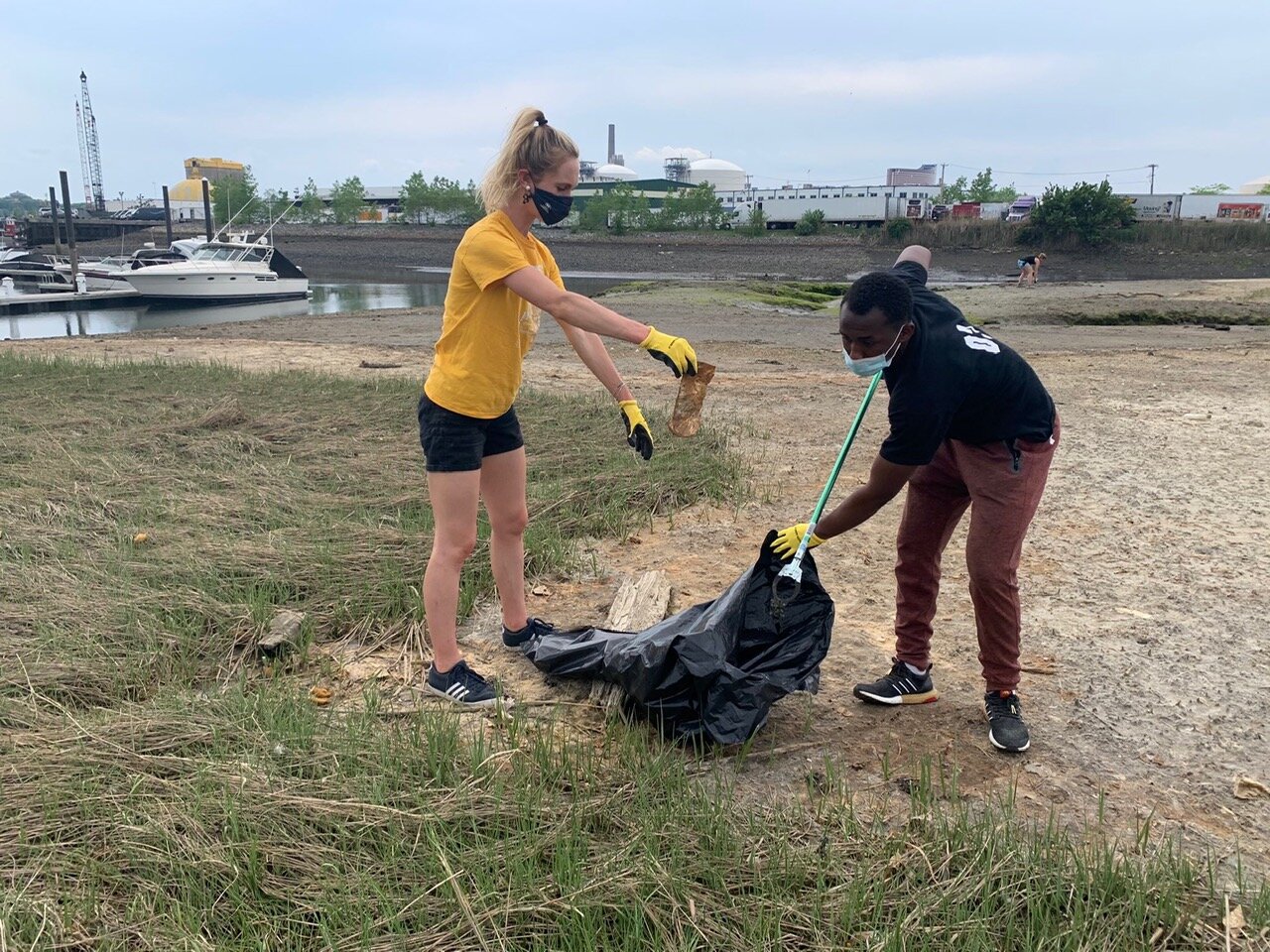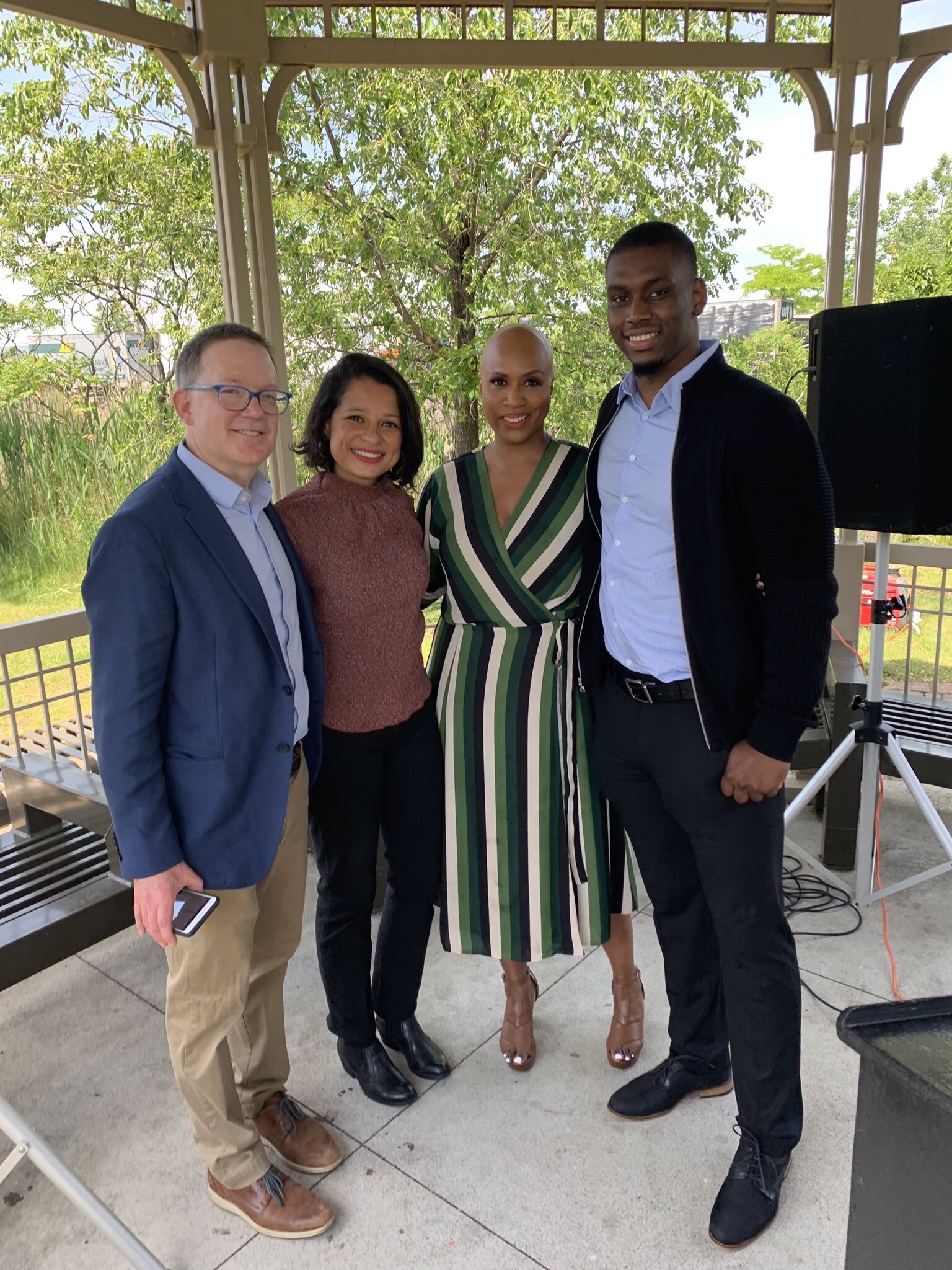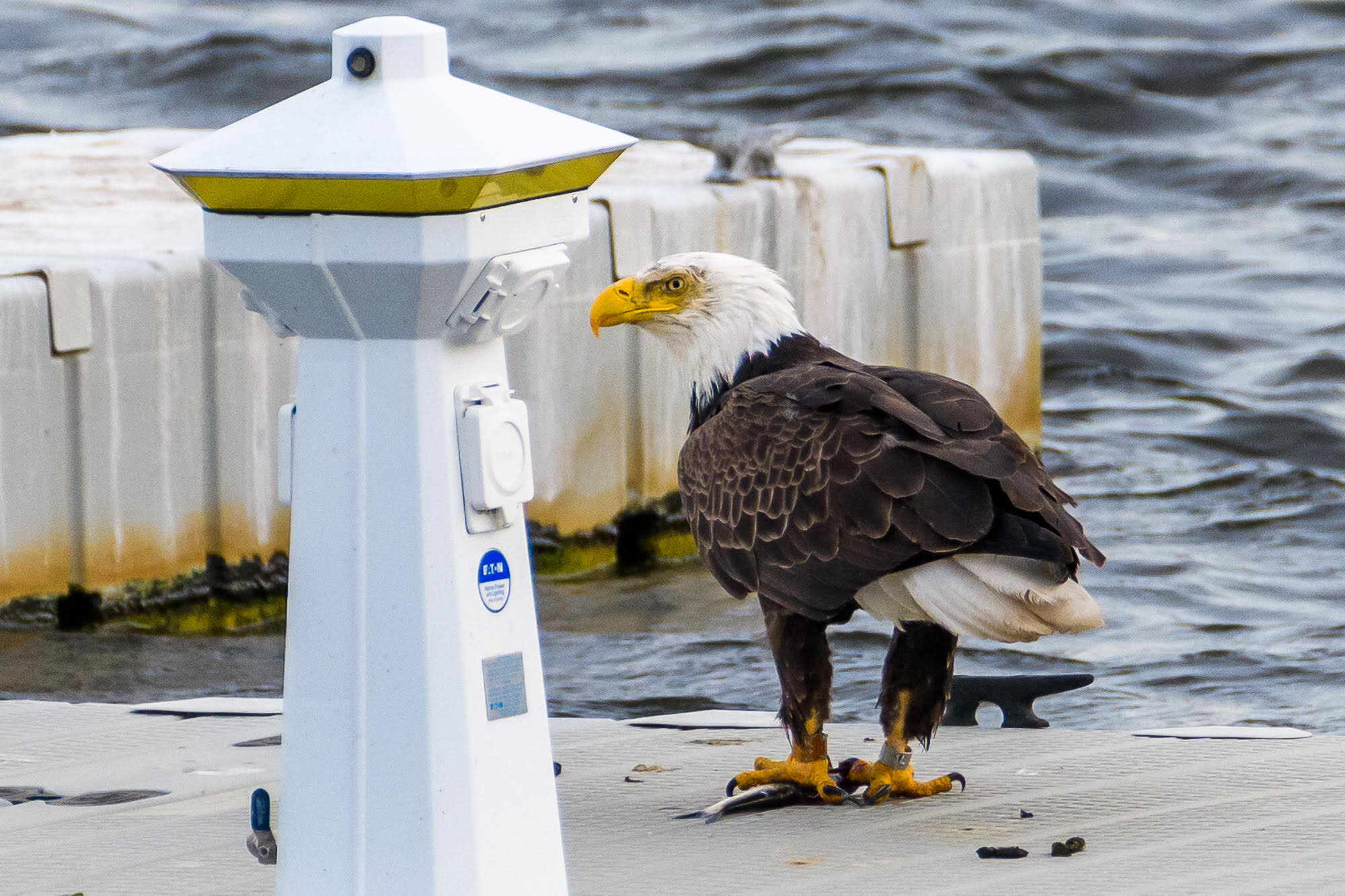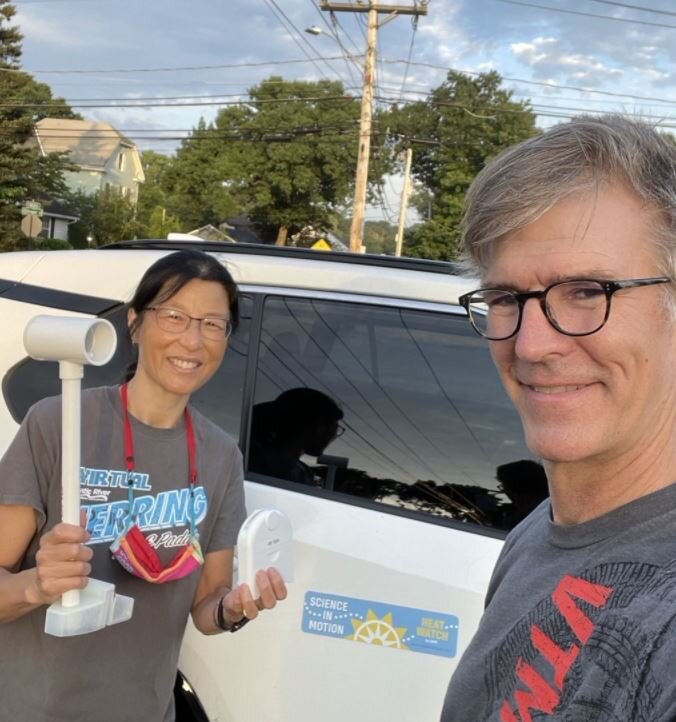The Mystic River Watershed Association is the only organization working at a watershed-wide scale to protect our local environment for all our communities. We believe that clean water and healthy, resilient parks that are safe and welcoming for everyone–cannot wait. This is where you come in. We depend on you to keep the improvements going.
Check out the impacts we have already had this year, and please consider joining (or rejoining) our efforts today.
Clean water >>>
MyRWA is installing 98 stormwater infiltration trenches in three communities providing cost-effective phosphorus reduction in the Mystic River. Building on a successful pilot program with the Town of Arlington last year, we are taking the solution to scale to maximize its impact on phosphorus pollution.
We are piloting an improved cyanobacteria monitoring protocol in the watershed, which means MyRWA can more accurately communicate if and when there are harmful algal blooms on the river. Read about this effort led by our fellows, Krystian Gombosi and Eden Alemayehu using the system developed by University of New Hampshire researchers and the US Environmental Protection Agency as part of the Cyanobacteria Monitoring Collaborative (CMC).
Our annual water quality report card contained more great news with the Island End River going from a “D” grade to an “A,” thanks to improvements made by the City of Chelsea based on the data our volunteers collected. For the first time ever, the three rivers in Boston reported their water quality report cards together at a shared event at Deer Island on July 14, 2021. The Neponset and the Charles have utilized MyRWA’s enhanced, more locally-specific analysis of water quality that instead of assigning a grade to the entire river, it provides the report at a more granular level giving the major segments of the river separate grades. This allows agencies, municipalities and partners to pinpoint areas for improvement and track progress.
Engage youth and community members >>>
Our Watershed Educator, Marian Miller MyRWA directly engaged 1,023 students and 102 teachers through 52 virtual or in-person programs in 10 communities during the last school year. These programs all linked real on-the-ground science and our local restoration projects with what the students are learning in school. Check out this program she did with 4th grade students in Everett.
242 volunteers removed 2,477 baskets of water chestnuts from the Mystic River and 39 volunteers removed 120 bags of bittersweet from our parks. An additional 218 volunteers picked up trash at MyRWA hosted events or our independent trash free challenges! They removed 396 bags of trash from our parks and paths!
Connected paths and vibrant parks >>>
Improvements keep coming to Blessing of the Bay in Somerville, with a new native meadow installation, plus a community art façade on the boathouse. MyRWA and its partners are also finishing improvements to Mill Brook in Arlington, scheduled to be completed this fall. Also opening this year will be a new “seawall” path from Draw 7 Park in Somerville to Charlestown.
Governor Charlie Baker announced that the state is committed to the construction of a new pedestrian/bike bridge across the Mystic River—thereby bringing our Greenway’s vision of 25 miles or connected paths that much closer to a reality.
In Charlestown, MyRWA was successful in securing funding to complete a community-driven conceptual design for the overall 15-acre Little Mystic Channel Park. Already, we have hosted a successful socially-distanced event done completely in Mandarin with 100 residents of the Charles Newtown housing residence, and we convened a 12-person, representative (by income, race, gender, and age) Steering Committee to help ensure that overall park design optimizes the range of uses most want to see.
MyRWA continues to serve on the project team for the Malden River Works project that will open a new park along the Malden River as part of the Malden River Vision plan created in 2018. The team has secured two state grants for this project, which are currently in the design and engineering phase.
Amber Christoffersen, our Greenways Director, continues to secure funding for additional projects including design funding for an underpass under the Fellsway, connecting Torbert Macdonald Park and Station Landing, both in Medford, and the last phase of design for the Wellington Connector to get through the MBTA parking lot and to the new underpasses at Woods Bridge.
Restoring habitat >>>
This spring, MyRWA was able to monitor the river herring in-person at both the Mystic Lakes Dam and Horn Pond with the help of 160 in-person volunteers. An additional 5,500 people are documenting the run online using our underwater “fish cam.” This data is used by the Division of Marine Fisheries to make improvements in the Mystic. The numbers aren’t out yet, but coming soon! Interested in the other migration that happens in the Mystic, check out the 3,800+ eels that came through in the day.
Volunteers and consultants gathered data to better understand how to protect Belle Isle Marsh, especially in the face of rising sea levels. The data—which includes things like sediment samples, salinity and water level—is now being used to develop a plan to better protect this important habitat.
Climate resilient communities >>>
Through Wicked Hot Mystic, more than 80 volunteers took heat and air quality temperatures along 17 car routes and 2 bike routes, at 4 different times in the 21 municipalities in the watershed over two days during a heat wave in August. This data will be used to create maps to identify, prioritize and ultimately reduce the worst urban heat islands, especially those that affect vulnerable population. This will have immediate and long-lasting impacts as we tackle heat. At the same time, we are creating shared projects across municipal lines to address flooding and the growing concern of sea-level rise endangering people and critical infrastructure in the lower Mystic.
The Resilient Mystic Collaborative (RMC), which is made up of 20 municipalities in our watershed continues to make inroads in prioritizing projects and coordinating improvements across municipal lines. Most recently, the communities secured $3.6M in climate resilience funding for regional and local efforts. The work of the RMC has been recognized by the National League of Cities as part of its Leadership in Community Resilience program and by the Environmental Business Council for its annual award during 2021 alone.

